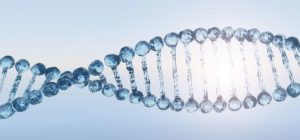Breaking these anti aging myths will help you take care of yourself better.
RELATED: New Research Shows Red Wine And Chocolate Could Have Anti-Aging Benefits
9 Anti Aging Myths Worth Crushing Today
1. Your Genes Define How You Age
One of the popular anti-aging myths relates your parents’ genes to your longevity. One study says it may be true, especially your mom’s genes.
Note, however, this was research on mice. Other factors such as diet may have more impact on your rate of aging than the genes themselves.
A 2018 University of Michigan study revealed that the length of telomeres, which protect the DNA, can predict cellular aging. Healthy habits such as a balanced diet and physical activity, meanwhile, may lengthen these telomeres.
2. You Get Skin Cancer Only When Sunbathing
True, baking yourself in the sun regularly with no protection can increase your risk of skin cancer. That’s not the only way you can develop the disease, though.
One study also suggested car drivers are also prone to the condition as the sun’s rays can penetrate the glass windows. It may contribute to skin cancer affecting the left side of the face.
Fortunately, the solution remains the same: put on your sunscreen all the time.
3. Fats Are Evil—So Are Carbohydrates
One of the misleading anti-aging myths is that fats and carbohydrates are bad for health.
First, anything excessive, including protein, is not good. Second, not all fats and carbs are equal.
Avocados and olives are types of good fats. They raise high-density lipoproteins (HDLs), the good cholesterol.
HDLs look for low-density lipoproteins (LDLs), or the bad cholesterol that can clog the arteries. The “good guys” bring them back to the liver, which breaks LDLs down so the body can remove them.
In the meantime, your body needs carbohydrates as its primary fuel. It can also be an excellent source of fiber for healthier digestion and lower fat absorption.
Carbohydrates should make up at least 45% of your diet, according to the Dietary Guidelines for Americans, but choose them well. Focus on complex or less-processed carbs like whole grains and beans.
4. Eating Beans Leads to Arthritis and Gout
Another anti-aging myth to crush is about beans. A lot of people believe they can lead to joint problems, such as arthritis and gout.
Arthritis is the general term for joint inflammation. It can occur for a variety of reasons, including autoimmune, where the body’s immune system attacks the joints.
Gout, on the other hand, is a joint inflammation characterized by the formation of uric acid crystals. It is a metabolic issue wherein the kidneys cannot excrete uric acid properly.
Beans, therefore, do not cause these joint issues. The Arthritis Foundation even recommends beans as part of your diet.
Some foods are high in purines, which the body converts into uric acid. People prone to gout may have to avoid them.
You can get purines from both vegetables and meat, but between the two, the latter has significantly higher purine content.
RELATED: The Ultimate List Of Brain Boosters: 11 Ways To Increase Your Brain Power
5. Everybody Needs to Take a Multivitamin
Some studies point out that taking multivitamins doesn’t reduce your risk of chronic diseases like heart disorders and cancers. It also doesn’t decrease the odds of cognitive decline.
Supplementation, however, may be necessary for people with vitamin or mineral deficiency. Some vitamins or minerals may be ideal depending on the age.
For instance, older women may need to increase their calcium levels to prevent osteoporosis, when the bones become brittle. Vitamin C is essential for children to avoid scurvy.
What is scurvy? It is a condition caused by vitamin C deficiency. Symptoms can include anemia, bleeding gums, and skin hemorrhage or bleeding.
To be sure which vitamins to take, you can consider personalized medical advice from trusted professionals like those from LIV Health. Go see your doctor as well for guidance.
6. To Stay Healthy, You Should Buy Only Organic Food
Another of the long list of anti-aging myths is organic eating. Do you need to eat organic fruits and vegetables, as well as meats, all the time?
In reality, science is divided. While some studies suggest that they may be more beneficial than conventional ones, the results are still inconclusive.
Organic food may be best for people with food sensitivities or allergies. These are also less likely to place a significant burden on the liver, which detoxifies the body.
It’s a different story with animal products. You may have to consume pasture-raised, cage-free poultry as commercial growing may use antibiotics and hormones.
7. Sugar Is the Leading Cause of Obesity
Obesity is a complex condition, and sugar isn’t the only culprit. There are also hormones, such as estrogen.
Older women are more likely to develop belly fat after menopause as their levels of estrogen decline. Lifestyle factors like overall diet, sleep quality, and stress can contribute to weight gain.
Eating a diet that’s high in calories may also increase your chances of being overweight or obese. The many possible reasons for obesity explain why you have multiple ways to promote weight loss.
8. You Cannot Grow New Brain Cells
Another long-standing anti-aging myth deals with the brain and its ability to generate new nerve cells.
A Nature study revealed that the brain is capable of creating new cells even if you’re already middle-aged or past that. Most of these new cells are in the regions regulating memory.
It doesn’t mean you won’t suffer from age-related memory loss. Research in 2018 showed that slower blood flow to the brain can affect cellular regeneration.
9. You Should Avoid Gluten to Keep Your Digestive Tract Healthy
A gluten-free diet is one of the most popular meal plans for years. Many people associate gluten, a protein present in certain grains, with digestive issues and food sensitivities.
Some people are allergic to gluten, and eating gluten-free is essential for them and those with celiac disease.
What is celiac disease? It is an autoimmune condition where the body attacks the small intestine when they ingest the protein.
Unless you have celiac disease or develop digestive issues after ingesting one, there may be no need to remove it from your diet.
Science and medicine still have a long way to go to understand the true nature of health and well-being. Until we get more information, these anti-aging myths will do in keeping yourself healthier.
What other anti-aging myths do you know? Share them in the comments section below.
Up Next:
- What Is Senescence? An Overview Of Senescent Cells And Biological Aging
- 7 Ways To Reverse Aging Symptoms And Signs
- Discovery Of How Cells Respond To Oxygen Wins 2019 Nobel Prize In Medicine


